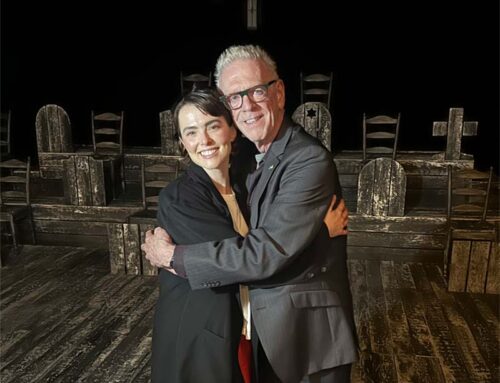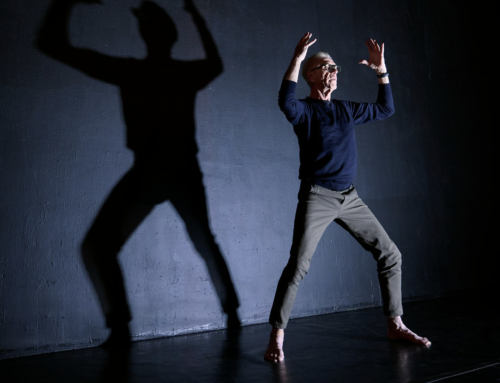Written by Sophia Savage, this article first appeared in IndieWire (August 12, 2010).
Almost two years ago, Anne Thompson asked “Where have the manly movie stars gone?,” and investigated the entertainment industry’s ongoing search for traditional male leads that aren’t borrowed from the UK, Australia or Europe to commandeer Hollywood’s most testosterone-needy films. While America lays claim to the boy-men niche with the likes of Johnny Depp, Leonardo DiCaprio, Matt Damon, Brad Pitt, Keanu Reeves, Jake Gyllenhaal and any male in a Judd Apatow film, Hollywood’s most- masculine male leads are more often than not played by foreigners; Christian Bale (a Brit) and Heath Ledger (an Aussie) were case-in-point as the stars of 2008’s highest grossing film, The Dark Knight.
Two years later the search continues. Foreigners still dominate Hollywood’s top male leading roles. Aussie Sam Worthington scored the leads in Avatar, Clash of the Titans, and Terminator: Salvation (with Bale), while his countryman Russell Crowe headlined Ridley Scott’s Robin Hood (an attempt to follow-up their successful teaming in Gladiator). Britain’s Gerard Butler flexed some muscle in Gamer and Law Abiding Citizen (and made some of us cringe in a handful of dreadful rom-coms) while Brit Jason Statham continues his testosterone binges on the Transporter and Crank franchises. Spain’s Javier Bardem is the epitome of intoxicating masculinity in Vicky Cristina Barcelona and Eat Pray Love. Of course, certain trusty go-to American actors (Will Smith, George Clooney and Denzel Washington to name a few) continue to deliver, but they can’t star in everything. Which up-and-coming Americans will fill that need? And why is their masculinity so often so different from that of their foreign counterparts? How has American masculinity evolved from the likes of screen legends Cary Grant, Steve McQueen, Paul Newman and James Dean?
Jean-Louis Rodrigue, a teacher at the UCLA School of Theater, Film and Television, the Larry Moss and Howard Fine Acting Studios, and coach for numerous film and theater actors, is an expert in the Alexander Technique (he is a founder of the Alexander Training Institute of Los Angeles) and a “movement specialist.” He recently worked with Chris Pine for his physically demanding role in Martin McDonagh’s play The Lieutenant of Inishmore at LA’s Mark Taper Forum, and helped Josh Brolin to prep for the title role as George Bush in W.. Rodrigue has made a study of the evolving role of masculinity in film. We talked at length about how our shifting culture is changing the way male characters are written and portrayed, and what it means to be an American Man in 2010.
The allure of a great actor, Rodrigue believes, comes down to the fact that “nothing is more attractive than clarity.” It’s particularly tough for a man to have clarity (in himself, what he wants, and where he is going) in this tenuous cultural, social, economic and political climate (which has been called “the end of men“). That clarity is essential for the wide-appeal movie stars that ambitious actors want to be. Below, Rodrigue discusses the state of American men on film:
PART 1: He introduces his work and discusses the evolving identity of men in society and on screen:
PART 2: The actors he has worked with, including Pine and Brolin; and the “expression of a man”:
PART 3: The men on screen today; DiCaprio (Inception and Shutter Island), Mark Ruffalo (The Kids Are All Right), John C. Reilly (Cyrus), Robert Pattinson and vampire males (Twilight), Jon Hamm (Mad Men, The Town) and the old school leading men – Grant, Dean, et al:
PART 4: The lack of American actors who can channel traditional masculinity, and why foreign actors dominate masculine roles (Crowe, Clive Owen, etc); how Americans Pitt, Clooney and Damon differ; and how Newman and Dean shifted into a new masculinity:
PART 5: How action films and their stars have changed (Sam Worthington in Avatar, Angelina Jolie in Salt); the balancing of men and women; maintaining a balance of characters:
PART 6: On our changing culture, Josh Brolin, Taylor Kitsch, the femininity and worship of Robert Pattinson, Taylor Lautner and Zac Efron, and the biology of attraction:





